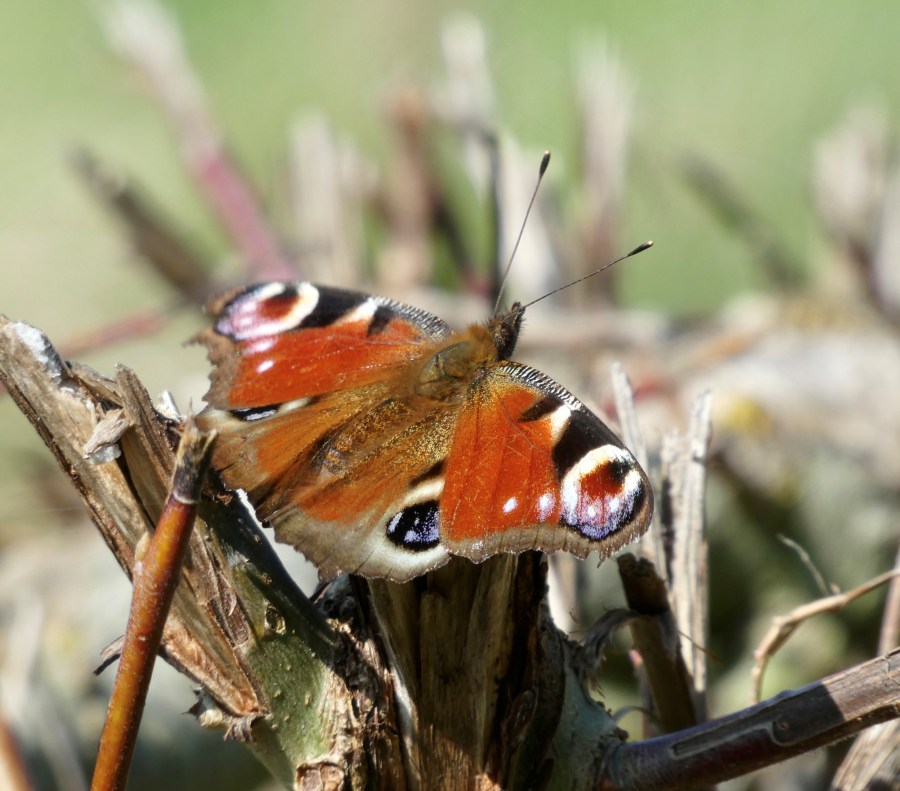The Fair to Nature food and farming certification scheme has been relaunched and expanded to help tackle the loss of UK biodiversity.
Run by the RSPB, the charity claims the Fair to Nature is the only UK certification scheme with a focus on biodiversity and reversing nature loss.
The revised Fair to Nature certification standard was developed in partnership with seven other leading wildlife charities and is scientifically proven to reverse wildlife declines and deliver the highest level of biodiversity, says the RSPB.
Under the scheme, farmers make at least 10% of their farmed land, including areas difficult to farm productively, available to a range of high-quality nature habitats, while managing their soils and inputs in more sustainable ways that are supportive and work alongside nature.
Certified farms receive visits from a Fair to Nature Advisor to ensure the requirements of the Fair to Nature Standard are being met and to assess the quality of the habitats on the farm. Fair to Nature certified farms are also audited against the Fair to Nature Standard by the audit provider, NSF Certification, as an external verification of compliance.
As well as relaunching, the certification standard has now been expanded to cover dairy, livestock, horticultural and wine producers. Previously it was only available to arable farmers.
Wide-scale adoption
The extension of the scheme is being supported with a campaign to encourage food brands and farmers to adopt the certification in the run-up to COP15, the United Nations’ Convention on Biological Diversity in December.

Mark Varney, head of Fair to Nature
“This is a vital step in helping reverse the terrifying loss of biodiversity that is taking place,” says Mark Varney, head of Fair to Nature. “Over recent years in the UK we’ve seen the disappearance of half of our native farmland wildlife and witnessed the ecosystems we all depend on for our food come under threat. Put simply, without nature there is no food.”
Food brands and supermarkets who support Fair to Nature agree to buy from certified farms and can display the Fair to Nature logo on the packaging of certified products, ensuring consumers are able to make positive choices to spend their money in support of restoring critical farm ecosystems and wildlife habitats, he adds.
“Ethical consumerism is on the rise, especially when it comes to food. Shoppers are looking for messaging that’s easy to recognise, connect with and understand and this is only going to grow following COP15. Fair to Nature does exactly what it says on the label and keeps consumers coming back, safe in the knowledge that they can trust a standard guaranteed by science and certified by the RSPB.”
Results to date
Work under the Fair to Nature scheme has already achieved good results: on one farm there has been a 226% increase in breeding birds, a 213% increase in farmland butterflies, almost double the floral diversity and up to 19 times more bees than typical farms, says the RSPB.
“By restoring the balance of nature in farming and increasing biodiversity, farmers reap the benefits of the standard, with increased pollinator numbers, improvements in soil quality and a reduction in the volume of chemicals required which saves them money.”




